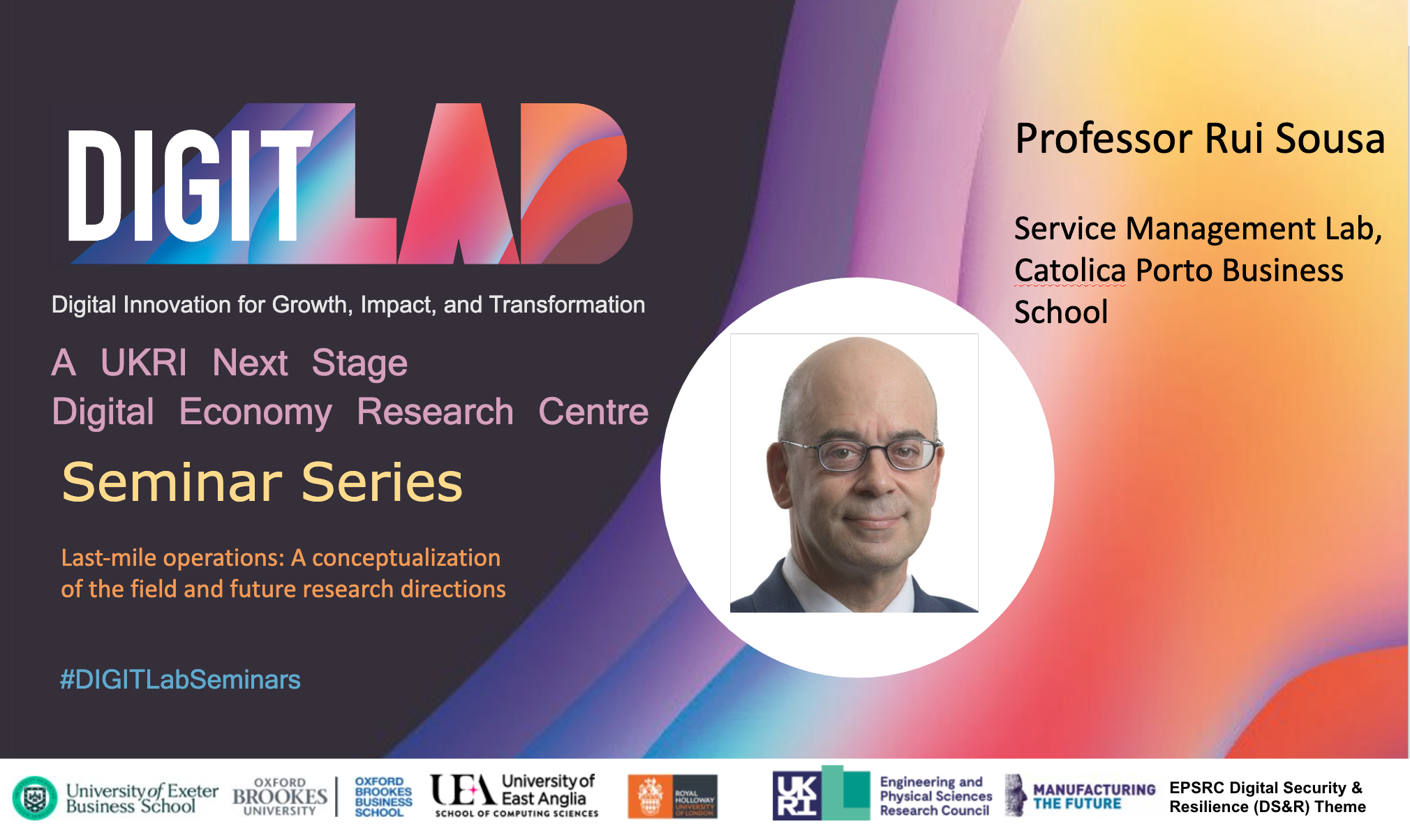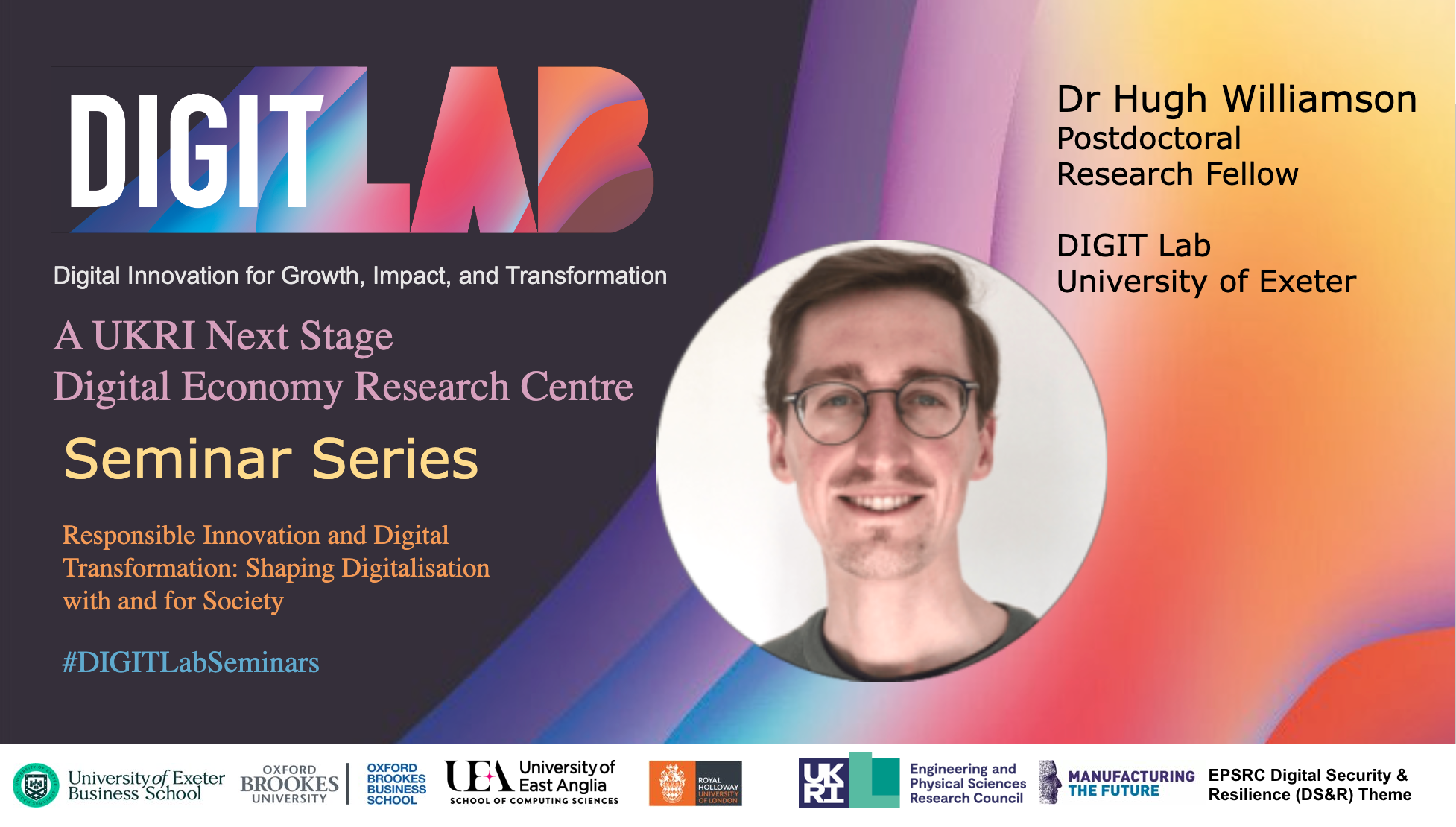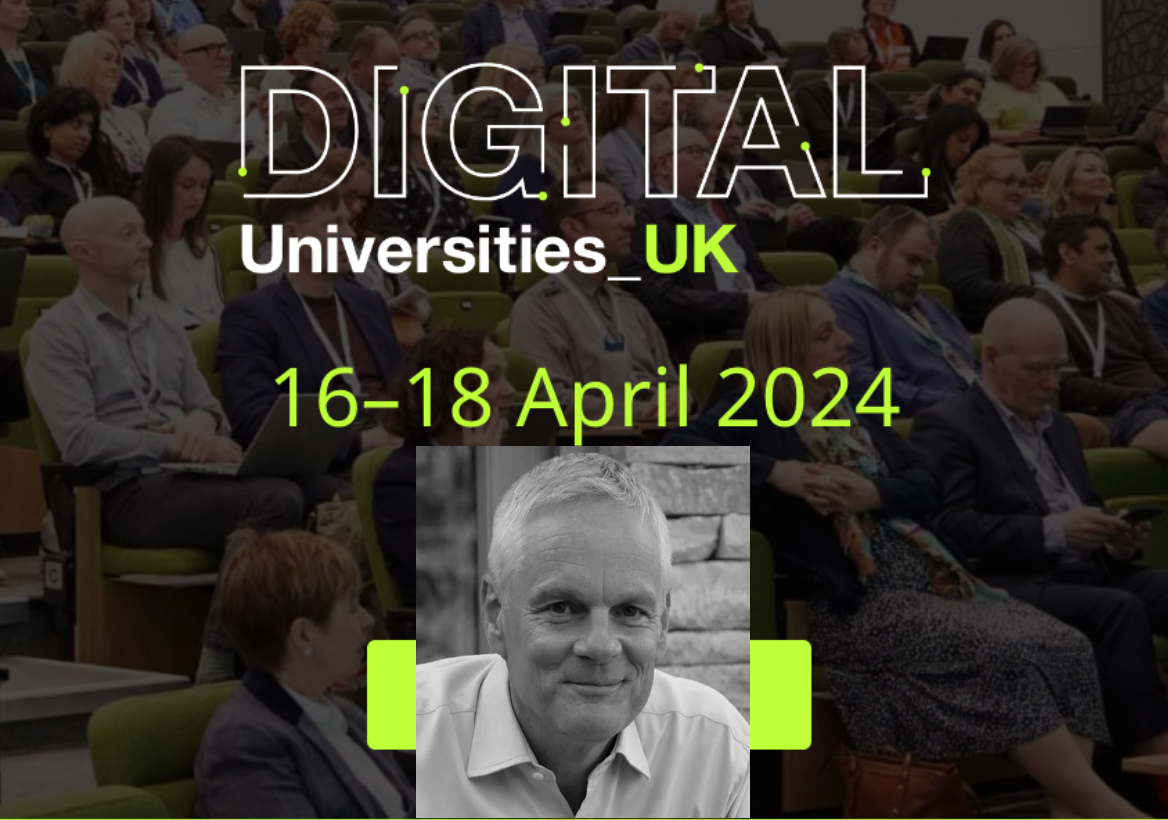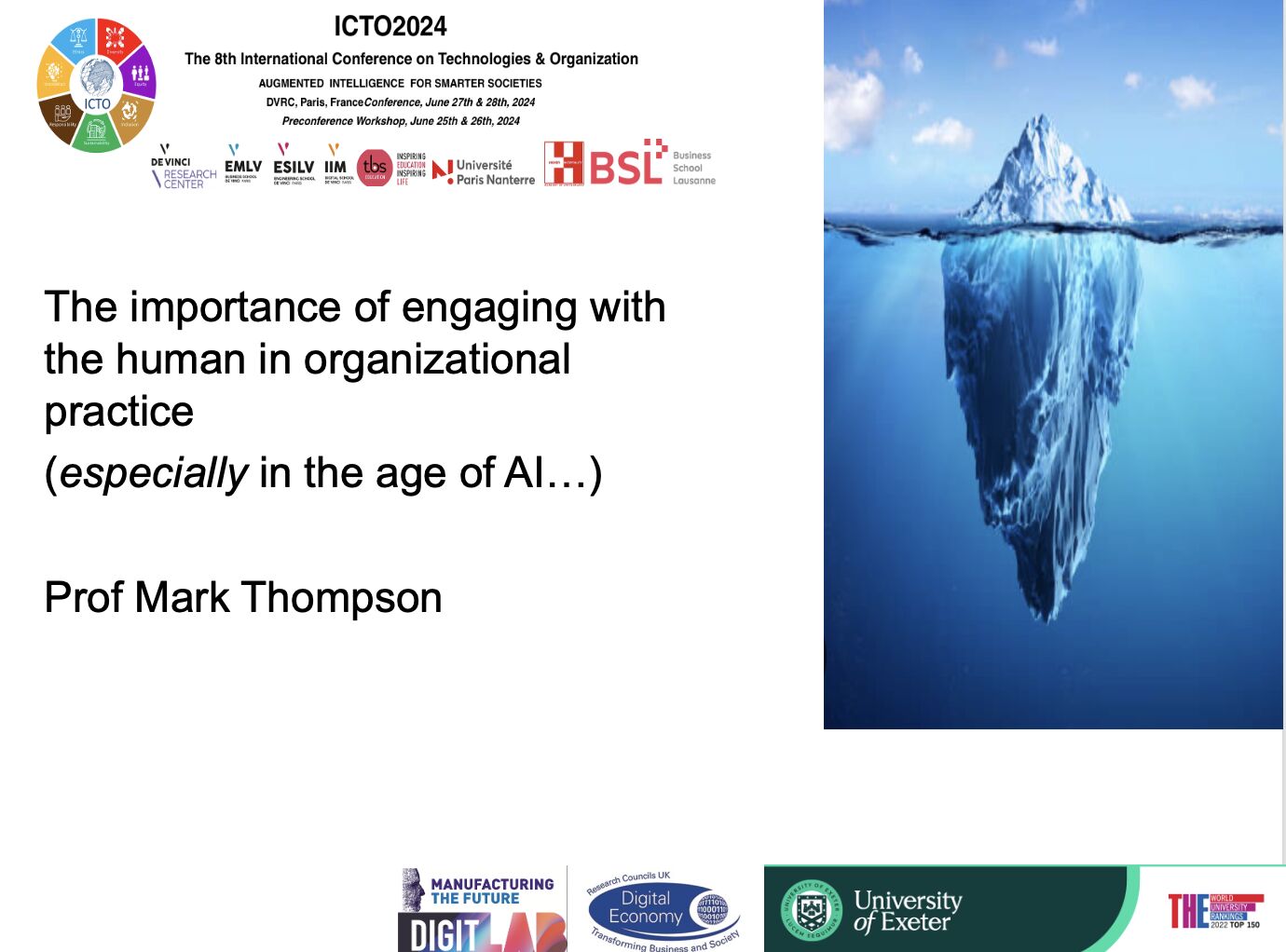? Sunday 3 July, 9–12:30, Glasgow
Workshop Chairs
Saeema Ahmed-Kristensen
(University of Exeter, UK) S.Ahmed-Kristensen@exeter.ac.uk
Alison McKay
(University of Leeds, UK) a.mckay@leeds.ac.uk
Recent advances in disruptive technologies are creating new opportunities for the design world. For example, the availability of big data is increasing, Industry 4.0 is changing the nature of manufacturing systems and so the designed products that can be produced, and moves towards automation of knowledge-based activities is highlighting a need for understanding of human behaviour. The full potential of these opportunities for engineering design, architecture and engineering design & development systems are not fully realised and their impact on design descriptions and design & development processes is not entirely clear.
The goal of this workshop is to explore state-of-the-art thinking, and requirements for new computational methods, processes and practices in design description. The following questions will be explored.
- How can data be used to influence and design for behaviour change?
- How is human behaviour best represented in design descriptions?
- How can data be used to improve designs: e.g., through value to users, increased functionality, providing more sustainable solutions?
- What is the impact of disruptive technologies on current design descriptions and processes?
- What new opportunities for design & manufacture are emerging?
The workshop builds on a white paper (http://doi.org/10.5518/wp/1) that resulted from an international research collaboration meeting in November 2014 on design shape and structure and outcomes from the design description workshop at DCC2016.
Submission information
Abstracts of research presentations and demonstrations that include at least one of the following are invited: (i) demonstration of examples and cases of using/applying links between descriptions in design; (ii) candidate benchmark examples that encompass key characteristics of problems they highlight and benefits of proposed or potential approaches. If you wish to make a presentation please contact Alison McKay a.mckay@leeds.ac.uk
More Information via Design Computing and Cognition’22 Conference website











